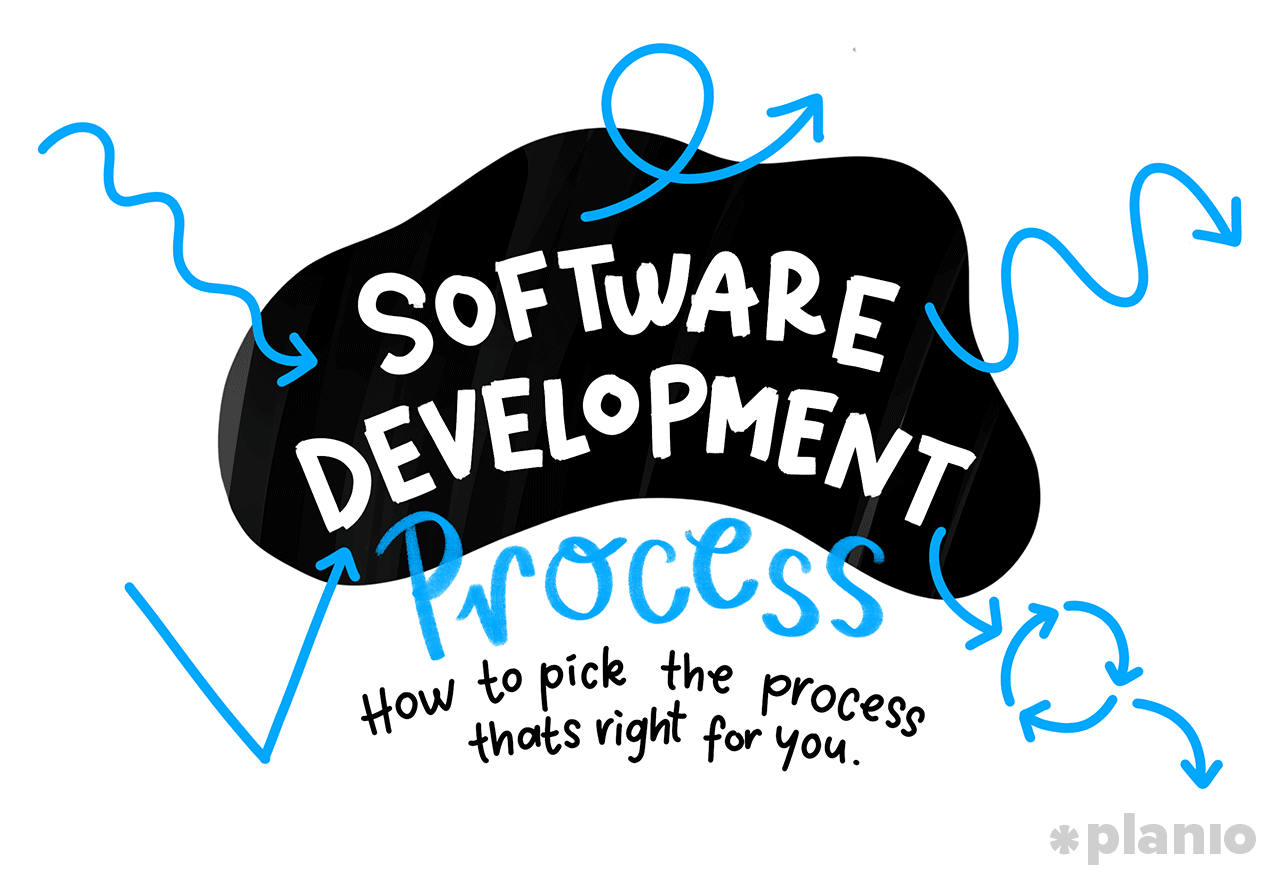Software development, a term that encompasses the entire process of creating, designing, deploying, and supporting software, has become a cornerstone of modern technology and business. From the simplest mobile apps to complex enterprise systems, software development drives innovation, efficiency, and competitiveness in virtually every industry. This article explores the evolution of software development, its current landscape, and its pivotal role in shaping the future.
The Genesis of Software 
The origins of software development date back to the mid-20th century, with the advent of electronic computers. In the early days, programming was a rudimentary process, involving direct machine code and assembly language. The complexity of these tasks limited the scope of early software applications, primarily to scientific and military purposes.
The 1960s and 1970s witnessed significant advancements with the introduction of higher-level programming languages like FORTRAN, COBOL, and BASIC. These languages abstracted much of the underlying hardware complexity, making it easier for programmers to write and maintain code. This era also saw the emergence of the first software development methodologies, such as the Waterfall model, which provided structured frameworks for managing software projects.
The Rise of Modern Software Development
The 1980s and 1990s marked a transformative period for software development. The personal computer revolution democratized access to computing power, and the internet began to reshape how software was distributed and consumed. Object-oriented programming languages like C++ and Java gained popularity, introducing concepts such as encapsulation, inheritance, and polymorphism, which improved code reusability and maintainability.
During this period, software development methodologies evolved to address the limitations of traditional approaches. The Agile Manifesto, introduced in 2001, emphasized flexibility, collaboration, and customer feedback. Agile methodologies, such as Scrum and Kanban, became widely adopted, enabling development teams to respond more effectively to changing requirements and deliver software in iterative cycles.
The Current Landscape of Software Development
Today, software development is more dynamic and diverse than ever before. The proliferation of cloud computing, mobile devices, and the Internet of Things (IoT) has expanded the scope of software applications. Development teams now work in highly collaborative environments, often spread across different geographical locations, leveraging tools like Git for version control and continuous integration/continuous deployment (CI/CD) pipelines to automate testing and deployment.
Programming languages and frameworks have also evolved to meet the demands of modern applications. Languages like Python, JavaScript, and Go have gained prominence due to their versatility and ease of use. Frameworks such as React, Angular, and Django facilitate rapid development of web applications, while platforms like Docker and Kubernetes provide scalable infrastructure for deploying and managing software in the cloud.
The Role of Software Development in Business and Society
Software development is not just about writing code; it is about solving problems and creating value. Businesses rely on software to streamline operations, enhance customer experiences, and gain a competitive edge. For instance, e-commerce platforms like Amazon and Alibaba leverage sophisticated software systems to manage inventory, process transactions, and provide personalized recommendations.
In healthcare, software development has led to innovations like electronic health records (EHRs), telemedicine platforms, and health monitoring apps. These technologies improve patient outcomes, reduce costs, and increase accessibility to medical services. Similarly, in finance, software applications underpin everything from online banking to algorithmic trading, transforming how financial services are delivered and consumed.
The Future of Software Development
As technology continues to evolve, so too will the field of software development. Artificial intelligence (AI) and machine learning (ML) are poised to revolutionize software development practices. AI-driven tools can assist developers in writing code, identifying bugs, and optimizing performance, while ML models can be integrated into software applications to provide advanced analytics and predictive capabilities.
Moreover, the growing importance of cybersecurity will drive demand for secure coding practices and robust security frameworks. With the increasing complexity of cyber threats, software developers must prioritize security throughout the development lifecycle to protect sensitive data and ensure the integrity of software systems.
Conclusion
Software development has come a long way since its inception, continually adapting to new technologies and methodologies. It plays a critical role in driving innovation and addressing the complex challenges of today’s digital world. As we look to the future, the field of software development will undoubtedly continue to evolve, offering new opportunities for growth and transformation across industries. Whether through advancements in AI, enhanced security measures, or novel applications, software development will remain at the forefront of technological progress, shaping the way we live, work, and interact with the world around us.
